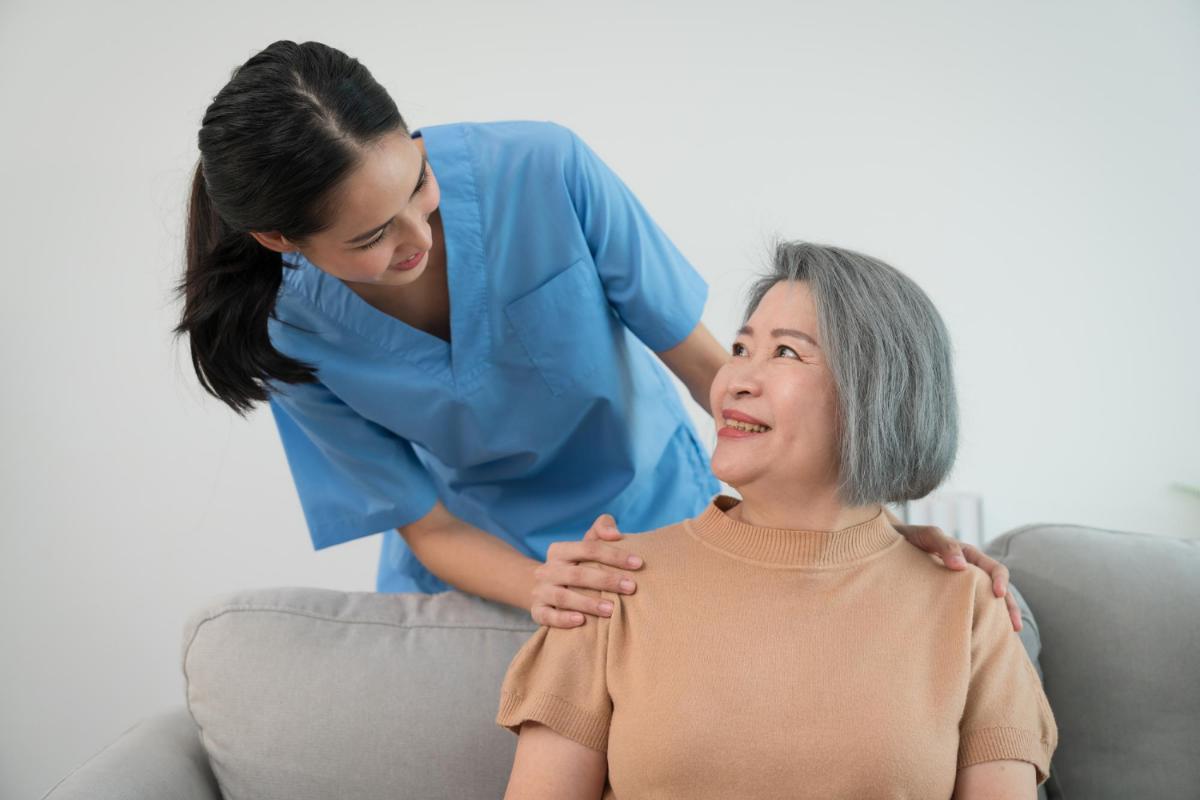Five Unique Benefits of Home Health Care Services

After hospitalization, most individuals choose to recover at home. Similarly, the elderly favor staying home rather than going to a skilled nursing facility. Home health care in Philadelphia, PA, can provide various benefits to support activities of daily living, including help with cooking, cleaning, and even bathing. Here are some benefits of accepting care at home that you may not be conscious of.
Home Care Reduces Falls and Hospital Readmissions
If you recently had surgery or been hospitalized for a medical condition, you might have safety problems at home, especially the risk of falls. The truth is that falls with resulting wounds are pretty common in hospitals, despite measures to decrease them. In addition, there is a growing body of evidence to indicate that an old or sick person is less likely to experience a severe event at home compared to a critical care environment. Home care can also lower the velocity of hospital readmission.
Even if You Only Require Help With Housework, Home Care Can Offer Help
Maybe you do not need assistance with medications or post-surgical care. Perhaps your most significant concern is that you or your loved one won't be capable of cooking, cleaning, or generally taking care of actions of daily living. It turns out that this is not a good reason to remain in a hospital or nursing facility. You don't have to hire a skilled professional. Multiple agencies supply home health aides who can help you or a family member cook, clean, and assist with bathing.
Home Care Can Supply Physical Therapy and Occupational Therapy
If you've had surgery and you'll need physical or occupational therapy, you don't need to go to a rehab facility. In most neighborhoods, at-home physical therapy assistance is available. Another benefit that at-home therapy supplies is the chance to evaluate the safety and accessibility of the residential environment. A therapist's qualified eyes can identify fall hazards or restroom dangers and furnish helpful preventative advice.
You Can Get a Vacation From Caring For a Sick or Elderly Loved One
Caring for a household member is time-consuming and stressful. In the past, there was no consolation from these responsibilities apart from having the sick or aged family member admitted to the hospital. Now, with at-home respite care, your loved one can stay at home with a certified caregiver. In addition, today, various options can help you afford the cost of a home health care provider.
You Don't Have to Be in a Hospital to be Observed
The demand for close monitoring was the standard reason patients required extended hospital stays. The start of wearable technology has solved many of these issues, allowing patients to be observed at home. Many cardiac and respiratory monitoring processes that could only be conducted at hospitals can now be accomplished safely in the residential setting for babies and adults. Remote cameras, with or without two-way transmission, permit family or even experts to monitor patients visually and check in occasionally without needing to complete a home visit.